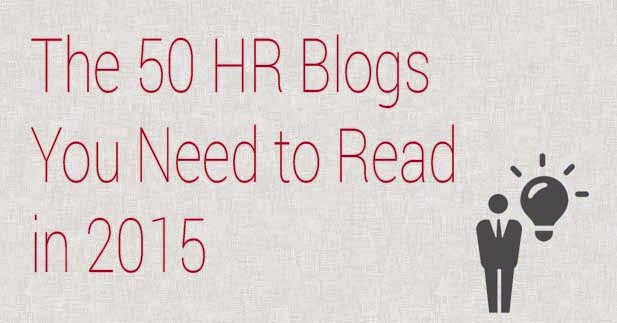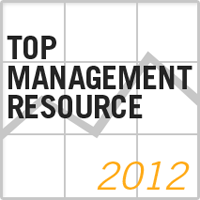As a culture, we have always embraced the bad boy, the anti-hero.
In the 1950s, Marlon Brando was a consummate bad boy in “The Wild One. When asked “What're you rebelling against, Johnny?” he replied “Whaddya got?”
In the late 1960s and 1970s (heck, even today), Jack Nicholson captured this role in several films, such as “Carnal Knowledge” and “Five Easy Pieces.” Just look at this scene when he tries to order toast.
Today, you turn on the TV and look at the protagonists we are suppose to root :
Walter White on Breaking Bad? Producer and seller of methamphetamine.
 Don Draper on Mad Men? A man who leaves the Korean War by assuming another man’s identity, often drinks to excess, and cheats on his wife.
Don Draper on Mad Men? A man who leaves the Korean War by assuming another man’s identity, often drinks to excess, and cheats on his wife.
Omar Little on The Wire? This breakout character was a renowned stick-up man of drug dealers.
….the list could go on…and this is just fiction. Look at reality TV: Simon Cowell, Gordon Ramsey, Russell Hantz, Omarosa, etc.
How about in books? The most compelling character in years is Lisabeth Salander - an antisocial hacker - in the Steig Larsson trilogy. Team Jacob and Team Edward in the “Twilight” series? Ummm…they are a werewolf and a vampire.
The movies? We watch “The Dark Knight,” not for Batman, but for Heath Ledger’s Joker.
So, given the fascination we have with the dark side, what has prevented HR from becoming the same bad boy? What will transform it from a perceived villain to that anti-hero that the public loves?









3 comments
I think it is about the depth of personality and "love-ability" of the characters. HR needs to find a way to release the cold front face persona and establish a nice squishy underbelly that "the people" can identify with and love.
by Unknown on December 1, 2010 at 8:58 AM. #
Great question! I think because of HR's history, there's a tendency to just "follow orders" and "obey the rules" in our profession. We're desperate to prove our value to the business.
I think our real value, though, comes from telling the leaders in our organizations when they're acting like idiots and help them lead better.
It's like Kris Dunn says on the HR Capitalist: You're in HR because you can have the tough conversations. Unfortunately, many of us can't.
by Chris Ferdinandi - Renegade HR on December 1, 2010 at 12:12 PM. #
What, exactly are they and your organization doing to create a just world, a better place?
Are the major (only? goal in life money and fame and power?
Some other questions posed by James Fowler:
What are they and you spending and being spent for?
What commands and receives their and your best time, your best energy?
What causes, dreams, goals or institutions are they and you pouring out life for?
As you live your life, what power or powers do they and you fear or dread?
What powers do they and you rely on and trust?
To what or who are they and you committed in life?
With whom or what group do they and you share your most sacred and private hopes for your life and for the lives of those they and you love?
What are those most sacred hopes, those most compelling goals and purposes in their and your life?
It is likely that almost all of us as individuals, and in the collectives we feel passion for, feel intimate with, and are committed to, as we grow older, probably do stop periodically and examine as Fowler did “the structure of values, the patterns of love and action, the shape of fear and dread and the direction of hope and friendship”
by Anonymous on December 6, 2010 at 2:11 PM. #